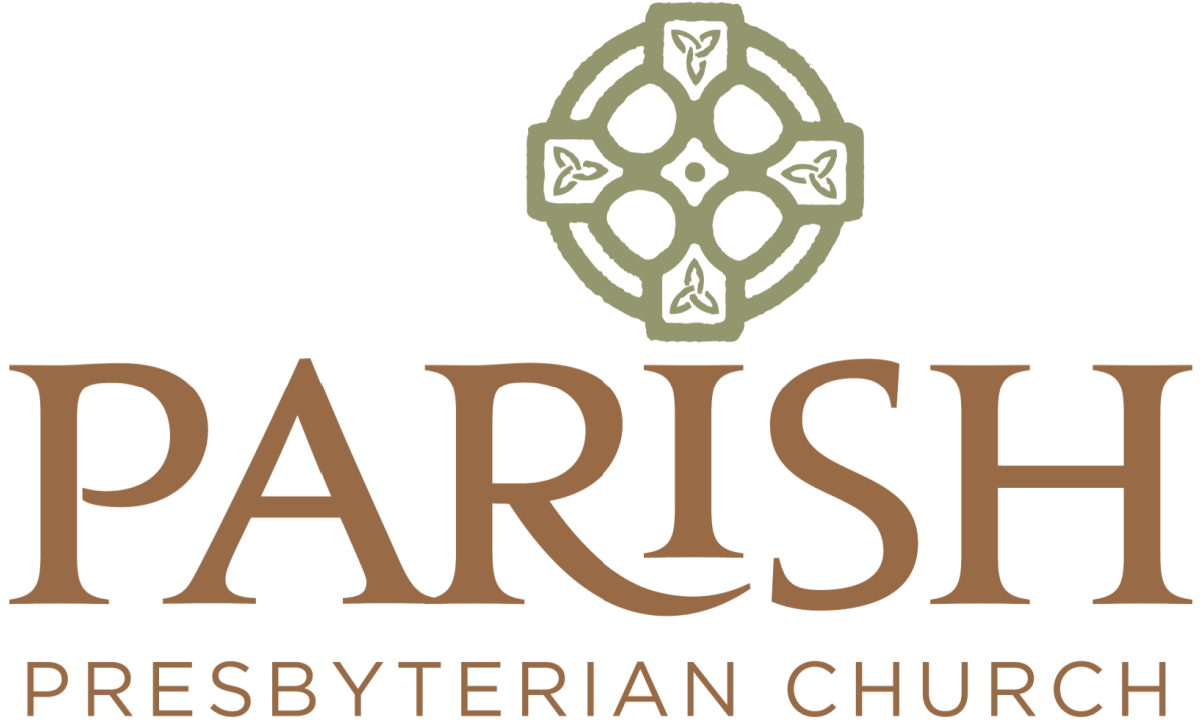In 1 Corinthians 8, Paul develops a principle that he has set out in the previous chapters: dealing with interactions between brethren with wisdom and care. Just as he answers questions on human relationships with pastoral tenderness in chapter 7, here the apostle deals with a religious controversy with practical wisdom: the more mature should not wound their weaker brethren by flaunting their freedom (vs. 9), while the weak should not bind the consciences of the mature (vs. 8). This kind of wisdom does not come easily to us, so we seek the Lord for it several times throughout the service. We pray (in song) for the Lord to be our wisdom (Be Thou My Vision)and to plant His truth “deep in us,” that we might be shaped in His likeness (Speak, O Lord). We confess that our God “desirest truth within,”and ask that He would teach His wisdom to our hearts (God, Be Merciful To Me—Psalm 51). We declare that we will not boast in our own wisdom (How Deep The Father’s Love For Us), but instead look to Christ “while His wisdom guides our feet”(Come, Ye Souls By Sin Afflicted).In all manner of conflict, whether personal or religious, Paul points us to deal with one another in humility, love, and wisdom—things that can only come from above. As Psalm 91 puts it, “Your wisdom,faithfulness, and love to feeble, frail, and worn, a shelter and a refuge prove from enemy and storm.”—Henry C. Haffner
Key Words: Knowledge, Gods, God, Weak, Stumbling Block, Brothers, Wounding
Keystone Verse: Knowledge puffs up, but love builds up. (1 Corinthians

